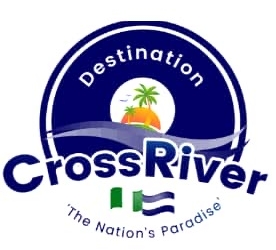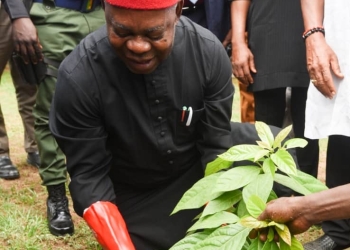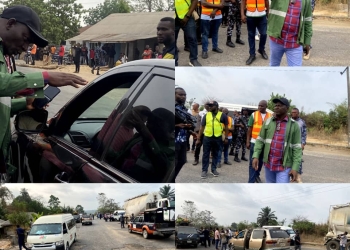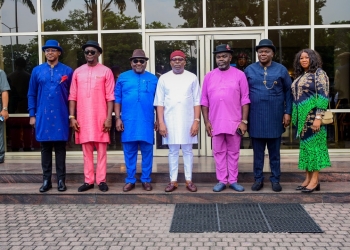By Anietie Akpan
This week, the Wildlife Conservation Society (WCS) and Satelligence have launched a new partnership focused on supporting a deforestation-free sustainable cocoa landscape in Cross River landscape in Nigeria.
The partnership will put in place a landscape-level forest monitoring system that will deliver real-time deforestation alerts to wildlife conservation agents in Cross River State.
A statement from the WCS Nigeria Country Director, Mr. Andrew Dunn, said, in response to increasing pressure from cocoa cultivation and recognizing the opportunity to work in collaboration with communities, cocoa and chocolate companies, government and other NGOs, WCS is leading a new initiative focused on establishing a deforestation-free cocoa landscape to improve farmers’ livelihoods and conserve biodiversity.
“Cocoa is an important source of income for farmers in Cross River State, but it is also a major source of deforestation. The partnership with Satelligence will allow us to detect deforestation inside protected areas as soon as it happens, and by sharing this information with partners, such as the National Park Service, we hope to respond more quickly to deforestation alerts,” said Dunn.
Satelligence according to the statement is a global leader in leveraging satellite data to detect deforestation and deliver real-time data and insights on supply chain assets, planted crops, ecosystems, and risks. Their mission is to make sustainable production mainstream, ensuring a profitable, equitable and climate positive future.
“Our collaboration with WCS shows that innovation and conservation can go hand in hand to safeguard forests and livelihoods” said, CEO of Satelligence, Niels Wielaard.
He stated, “this partnership aligns with the core mission of Satelligence and we are excited to support WCS to use our cutting-edge technology to preserve one of Africa’s most biodiverse regions.”
Through this partnership, WCS and Satelligence will establish a landscape-level deforestation monitoring platform that will include real-time, high-quality deforestation monitoring to proactively address new threats of deforestation particularly those driven by commodity expansion such as cocoa.
The data will be used by WCS field agents working with local government, communities, and companies to respond to deforestation alerts.
The partnership between WCS and Satelligence will also improve prioritization and coordination of landscape activities and support compliance with new EU deforestation regulations.
The Cross River landscape holds the largest remaining areas of primary rainforest in Nigeria and one of the most biologically diverse in Africa.
It is best known for being a stronghold of the critically endangered Cross River gorilla, with the forests supporting an estimated 100 gorillas.
These forests are also home to a rich diversity of amphibians, insects (over 1,000 species of butterflies), and birds, many of which are threatened, as well as leopards, forest elephants and eleven species of primates including chimpanzees, Preuss’s monkeys, and drills.
Cross River is also a major cocoa growing region in Nigeria and in recent years, cocoa production in the landscape has increased and this is driving high rates of deforestation, release of carbon emissions, and loss of biodiversity.
For over 20 years, WCS has been a leader in Cross River biodiversity conservation including research, government engagement, community development, cocoa sustainability, and protected area management.






